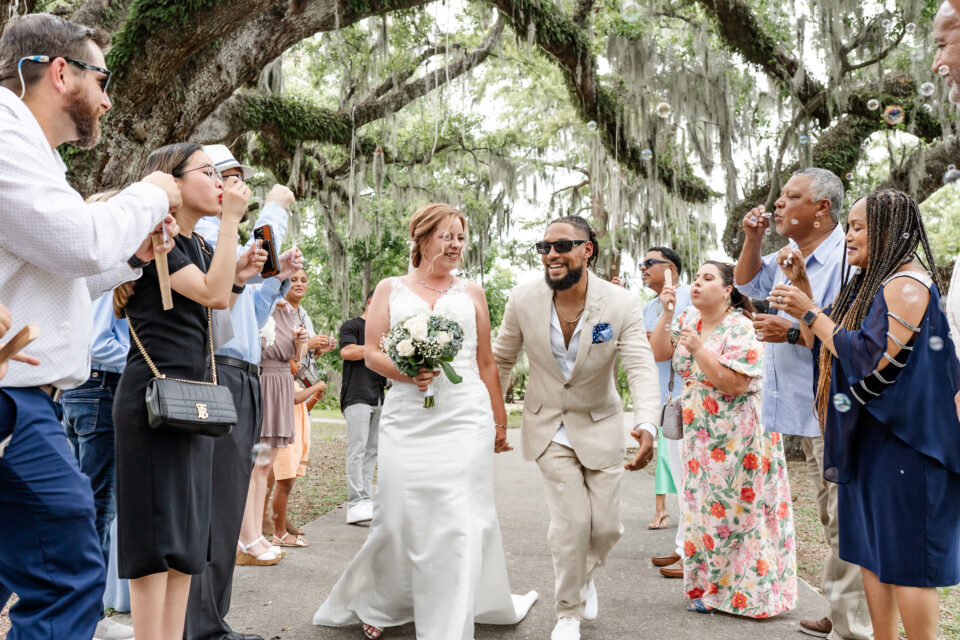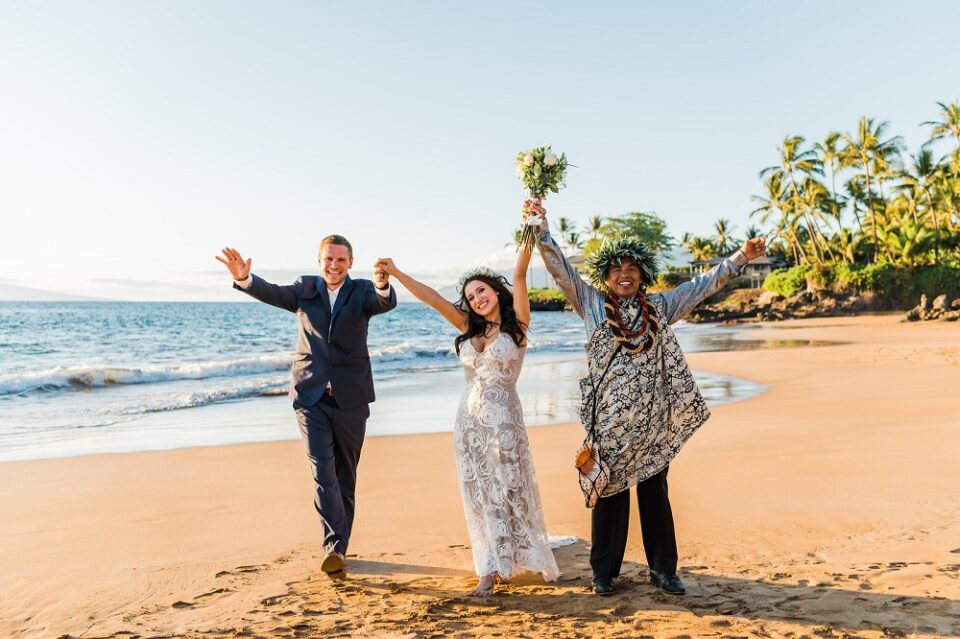How To Get a Marriage License in Colorado

Colorado is one of the most beautiful states in the United States, full of stunning mountain paths and lakes where you can tie the knot. And fortunately, obtaining a marriage license in Colorado is pretty simple compared to some other states. Below, we’ll explain how to elope and get a marriage license in Colorado, including information on how to prepare to file, what to do in the Clerk’s office, and what to do on the day of your marriage ceremony!
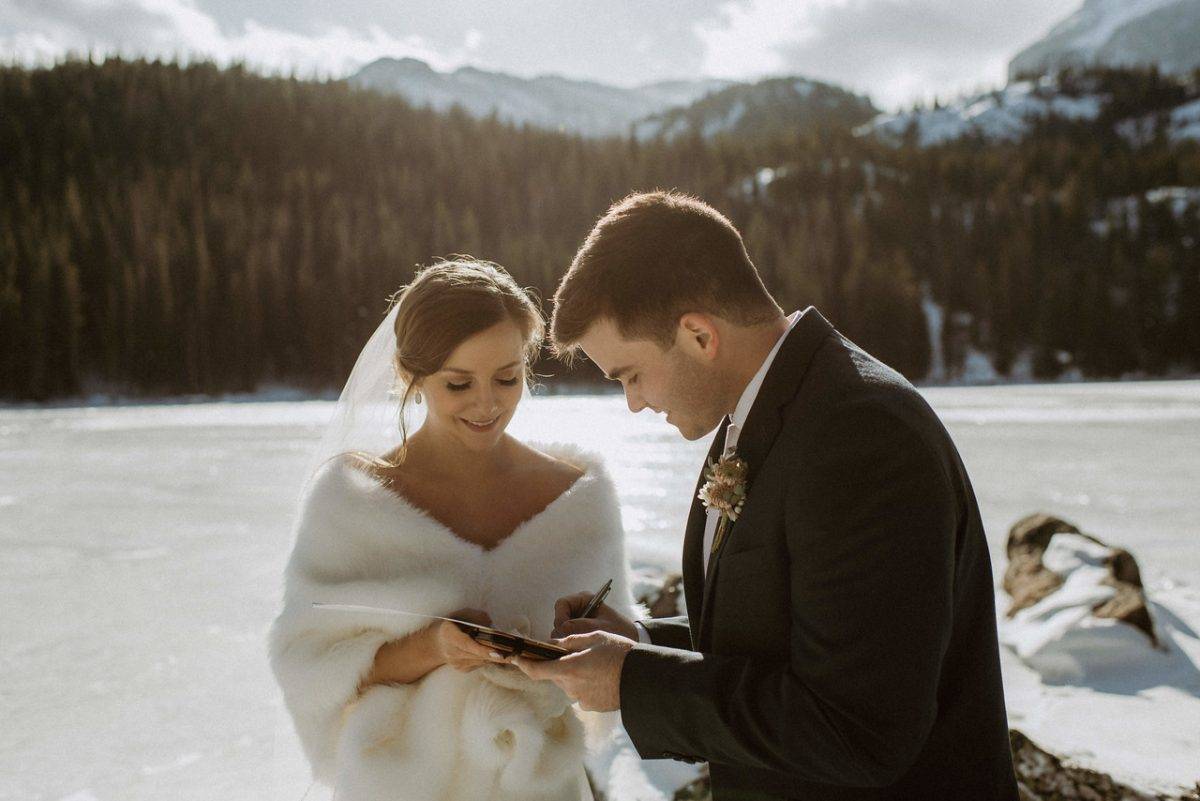
How to get a marriage license in Colorado
Legal Requirements
Understanding the Colorado requirements for a marriage license can help ensure a smooth process. Here’s what you need to know about age, previous marriages, and residency requirements.
Age Requirements
- You must be at least 18 years old to get married without parental consent.
- Minors aged 16 and 17 can marry with parental consent or a court order.
- Those under 16 need both parental consent and a court order to marry.
Previous Marriages
- If you have been previously married, you must provide proof of dissolution, such as a divorce decree or a death certificate of your former spouse.
- Ensure all previous marriages are legally ended before applying for a new marriage license.
Residency Requirements
- Colorado does not have residency requirements for obtaining a marriage license.
- You can apply at any County Clerk’s office within the state, regardless of where you plan to hold your wedding.
Preparation
Once you review the requirements, make an appointment with your closest County Clerk — the Denver Office of the Clerk and Recorder is at 201 W. Colfax Avenue. You don’t have to go to the Clerk in the specific county your elopement or wedding venue is in, whichever office is closest is fine. The marriage certificate licensing process itself is very short, but making an appointment allows you to skip the lines if you have limited availability.
After you’ve made your appointment, fill out the online application. This is more of a convenience thing, as they can’t deny your online marriage application (so long as you’re over 18). It’s simply easier for the clerk to get your information digitally ahead of time so they can fill out the paperwork, rather than you filling out the paper form in the office.
Bonus tip: Be sure to note any holidays or other office closures near your wedding date, and plan accordingly!
Required Documents
Having the right documents is crucial when applying for a marriage license in Colorado. Here’s a breakdown of the accepted IDs and any additional documents you might need before your meeting with the Clerk:
- Valid state-issued driver’s license or ID card
- Passport
- Military ID
- Tribal ID card
- Consular ID card
Additional Documents
- Social Security numbers for both parties (you don’t need to bring the actual cards, just the numbers).
- If applicable, proof of dissolution for previous marriages (divorce decree or death certificate).
Fees and Payment
Understanding the fees and payment methods can help you prepare for your visit to the County Clerk’s office. Here’s a detailed breakdown of the costs involved in obtaining your marriage license.
Fee Breakdown
- The cost of a marriage license in Colorado is $30.
- Payment methods include cash, check, or credit card.
Additional Costs
- Certified copies of the marriage certificate can be requested for $1.25 each.
- Late-filing fees apply if the marriage certificate is not returned within 65 days after the wedding.
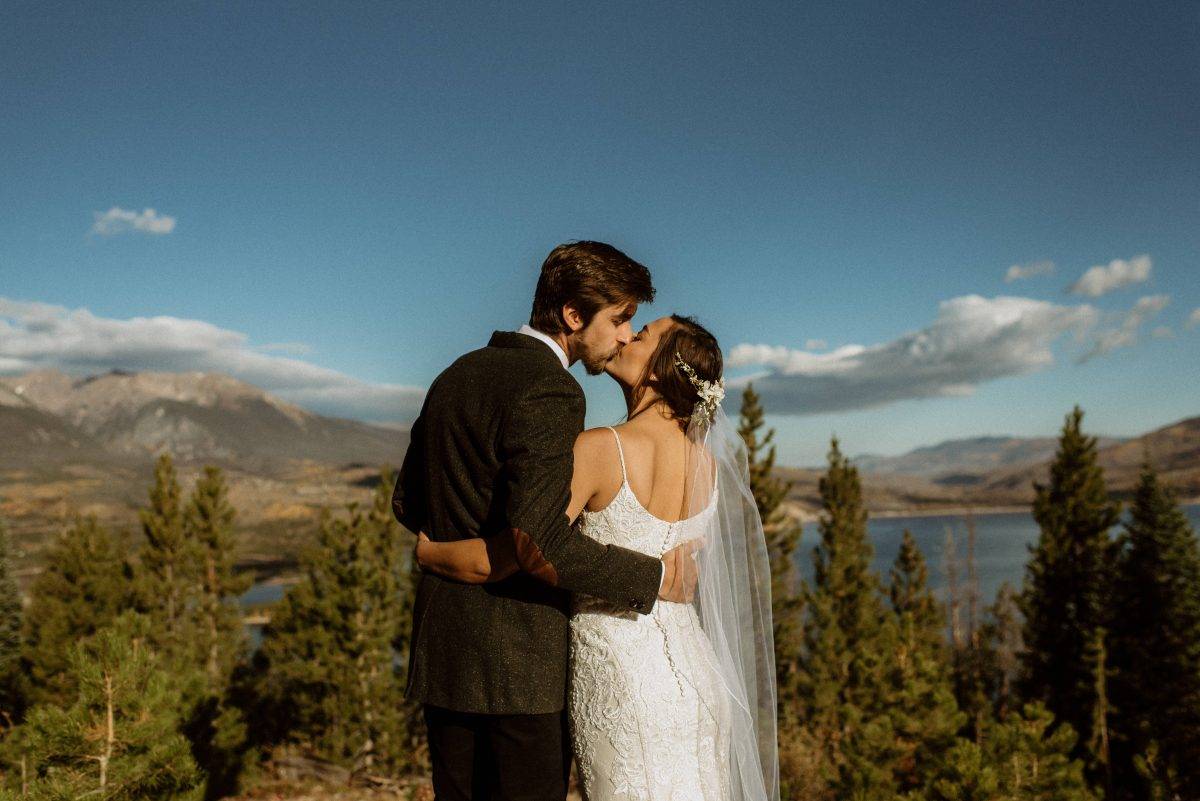
In the Clerk’s office
Both partners need to show up in person to file for a marriage license. If that’s not possible, there are a couple of options:
You can fill out an absentee affidavit and have it notarized. If using the absentee affidavit, you will still need photocopies of the absent partner’s proper IDs, age verification, and social security.
Proxy Marriages
- You can file for marriage by proxy if the absent partner is an active member of the armed services or a government contractor of the armed services.
- One partner must be a Colorado resident.
- You will also need photocopies of all the required IDs and a notarized absentee affidavit.
If you and your partner are both present at a Colorado county clerk’s office, you and your partner will need your state IDs or passports when filing. Please note: a birth certificate is not an accepted form of identification in the State of Colorado. However, they can serve as age verification when coupled with other forms of acceptable ID, listed on the Clerk’s website.
After you present your IDs, the clerk will ask you to raise your right hand and swear that you are who you say you are. If you’ve been previously married, they’ll ask for your proof of dissolution. After that, they’ll charge you $30 for the licensing fee — payable by cash, check, or credit card.
And that’s it! After these steps, you’ll officially have a Colorado marriage license. You’ll have 35 days to sign the certificate in the state of Colorado. After you’ve signed the marriage certificate, you’ll have 65 days from your wedding date to return it, or you’ll incur late-filing fees.
Common Law Marriages
- Colorado recognizes common law marriages.
- No formal ceremony or license is required, but you must meet certain criteria, such as living together and presenting yourselves as a married couple.
Self-Solemnization
- Colorado allows couples to self-solemnize, meaning they can marry each other without an officiant.
- Simply sign your marriage certificate yourselves in the presence of each other.
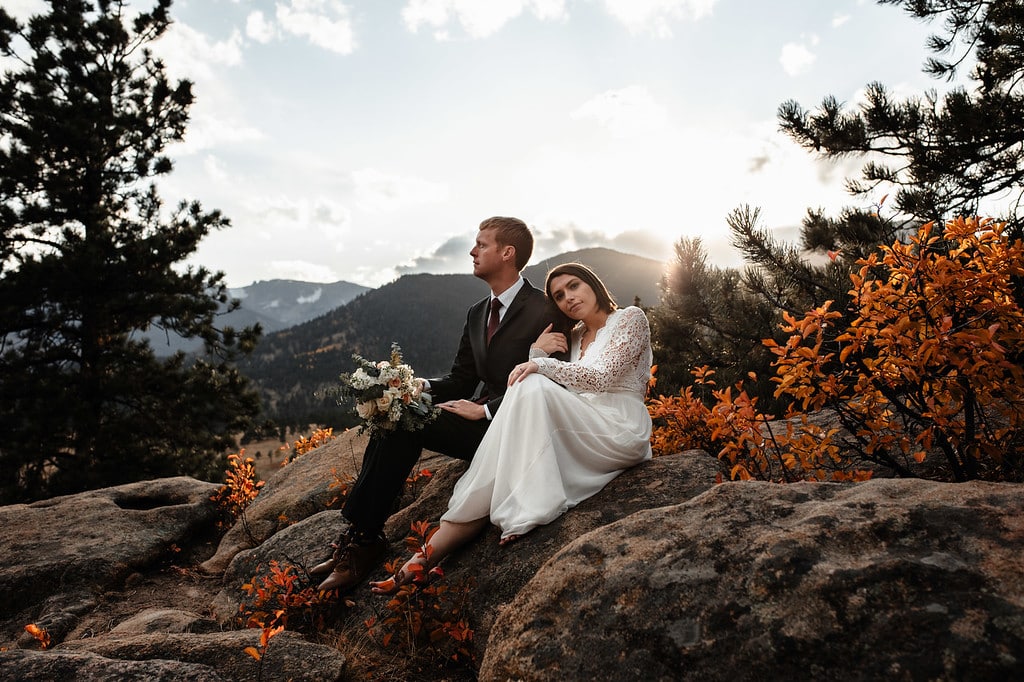
On your wedding day
Bring your civil union license to your ceremony and have your Colorado wedding officiant fill it out and sign with their official title. (Fun fact: All Simply Eloped officiants are ordained ministers capable of legally signing marriage licenses.) You’re not required to have a witness in Colorado, so the only signatures required will be yours, your partner’s, and your officiant’s.
Important note: Your names will appear on the top of the Colorado marriage license, designated as Party 1 and Party 2. It is very important that you pay attention and sign the appropriate fields.
After the ceremony
Return your license to the same Colorado county clerk you filed at. You can go in person, which they recommend, or mail it — send it as certified mail if you go this route! They’ll get it notarized and returned to you. Currently, you can request certified copies for $1.25 each. If you own a business or multiple real estate properties, you should make a list of every account you have and grab one certified copy for each.
Then you’re all set! Getting a marriage license in Colorado is a pretty easy process. Even so, make sure you make your appointment and gather all your documents early, so you have one less thing to worry about! Check out our Colorado elopement packages to learn more.


